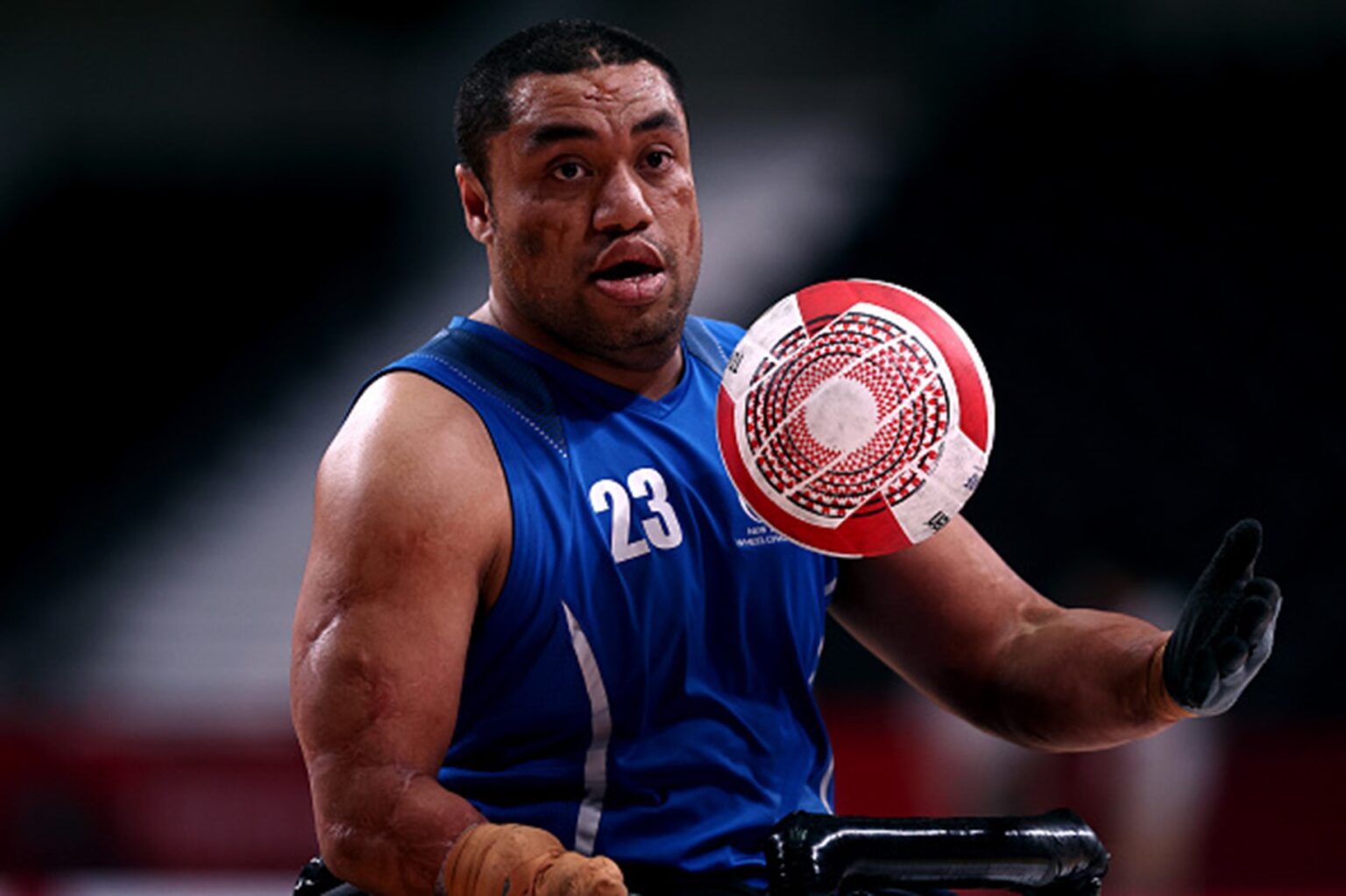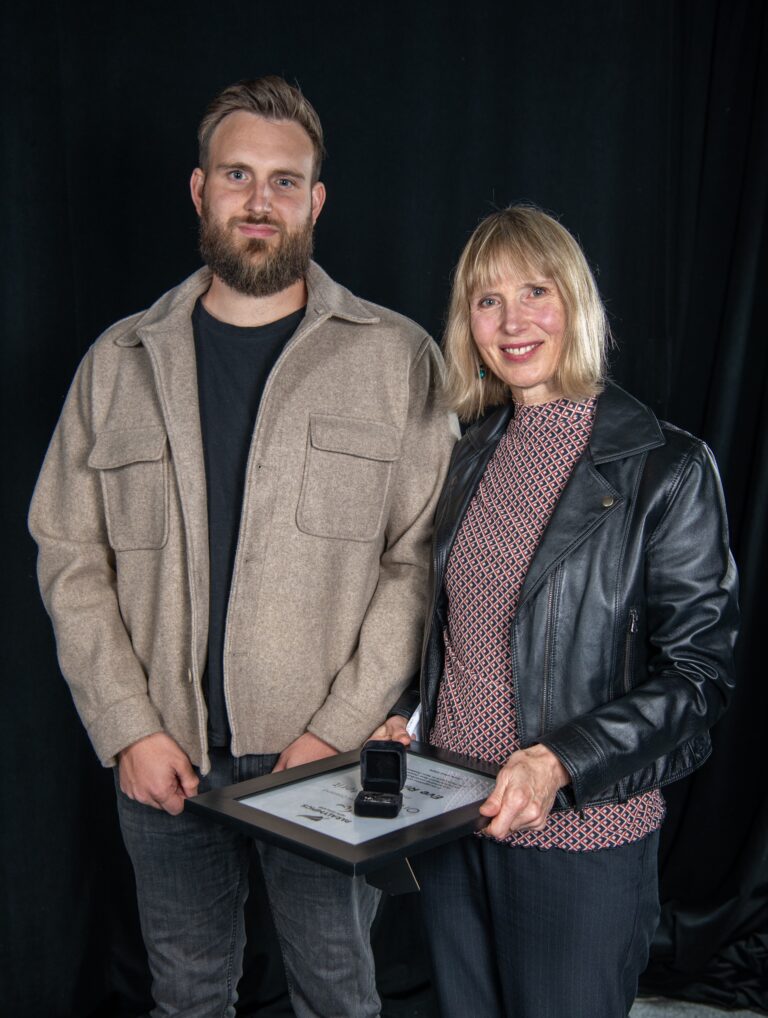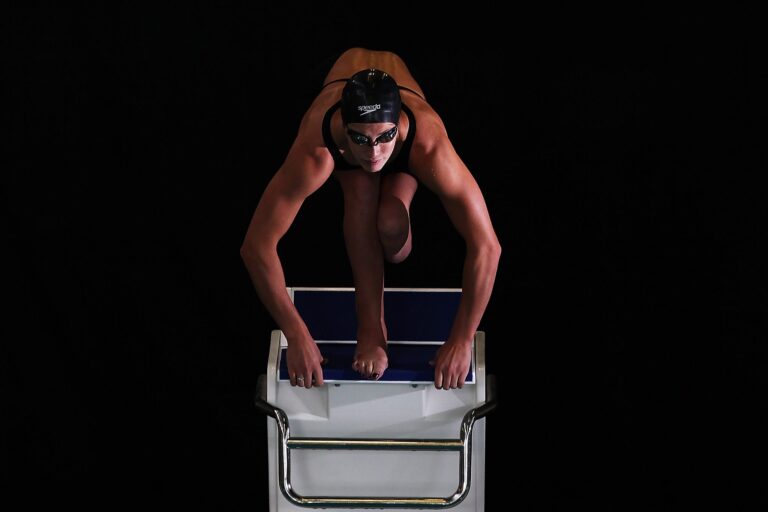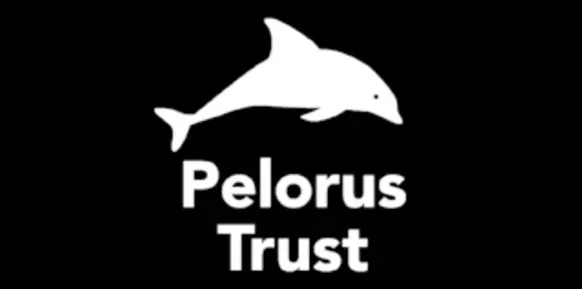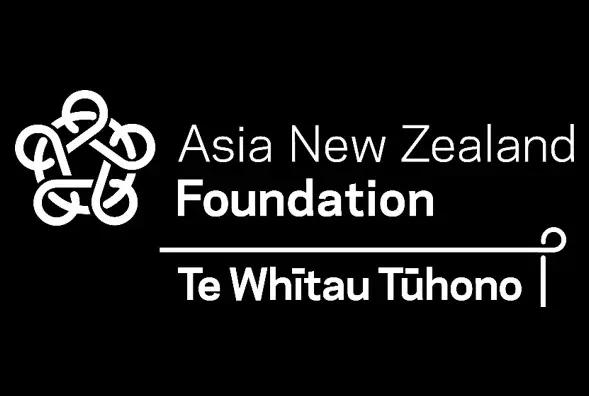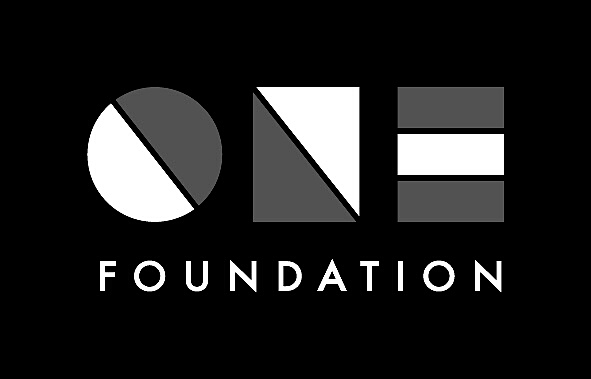It has been six months since Wheelchair rugby player, Paralympian #217 Barney Koneferenisi got the call; you’re coming to Tokyo!
When I met with him to find out where he is now, he smiles anxiously as he reminisces about the emotions that came with that call.
“When I did get that last minute call up, I was quite nervous. I felt underprepared, and I had completed zero training to get in.
“I virtually had to blow the cobwebs off all my training equipment to start preparing for the Tokyo 2020 Paralympic Games.”
Barney describes the Tokyo 2020 Paralympic Games as an incredible experience. There were cameras flashing, wheelchairs pushing everywhere, flags waving, and fierce competition.
“It’s a completely different buzz from normal tournaments, it felt like I was an All Black.”
Barney Koneferenisi
Even with limited training, Tokyo was a success for Barney, scoring an extraordinary 23 tries in the opening game against the USA.

Barney not only successfully competed in the Tokyo 2020 Paralympic Games but also dedicated time to education, completing a Bachelor of Laws at the University of Auckland.
With the completion of both the Paralympics and his degree, where is Barney now?
It all starts with transportation inequality and inaccessibility.
For most non-disabled persons, the process of using a rideshare service appears simple – you open the app, order rides, the driver picks you up and then drops you off. However, for someone with a disability who requires assistance, the reality of this is grimmer.
From being repeatedly turned down, told to ring back, to worse, including abuse, sexual harassment and exploitation. Many wheelchair users feel they cannot reach their destination safely or reliably.
An everyday process of transportation elimination for Barney starts with having to leave the house hours before he needs to, first attempting the train. If the trains are down, the bus is the next best option. If turned down by the bus, rideshare is next. Upon being rejected from rideshare, Barney is often left to push if he wants to make his appointment on time.
Barney was frustrated. He was fed up with being forced to prebook his social life. The lack of transport for wheelchair users was draining – and he felt alone in this feeling. So, he ran a survey to find out if others had the same experiences.
The sad reality is Barney Koneferenisi is not alone.
Almost all participants have been rejected from a ride because of their need for assistance. Those who manage to get a ride explain how they are often berated due to ‘taking up too much of the driver’s time.’ It was also highlighted that drivers purposefully take longer routes. This exploits riders’ disability concession cards.
He discovered another issue. Women with disabilities had encountered sexual harassment, stalking and scare tactics throughout their rideshare and public transportation experiences. It can be terrifying knowing an abusive driver now has your address and personal information.
The psychological damage of this repeated rejection and harassment is of significant concern. Through his research, Barney found vulnerable travellers who did not have the confidence to move past these experiences. They were forced back into their shells, unable to live their lives to full potential.
So, where do we find the rainbow in this dark place?
No longer waiting for change to happen, Barney is taking charge of the situation. Diving into a business venture, he aims to offer a more reliable transportation service that makes it easier for wheelchair users to be a part of society.

Others can benefit, too
With a central focus of providing a safe and reliable transportation service for those with wheelchairs, Barney feels there is room for expansion to other groups within society that are affected by prejudices and mistreatment.
For example, the rideshare app will include filters for women with disabilities and able-bodied women to choose the gender of their driver. This will provide extra peace of mind and comfort for their ride.
The app will also appeal to the LGBTQIA+ community by allowing a person to filter drivers to their needs, whilst understanding that the company will only employ drivers that are non-homophobic and non-discriminatory of sexual orientation.
The goal is to receive crowdfunding as soon as possible. This will kick off app developments, van purchasing, and the hiring process. Barney hopes to launch as soon as the end of the year. With positivity and community support, he has set a goal for the business to expand across New Zealand by its fifth year. He even hopes to eventually expand to Australia.
Barney asks everyone to look at life from the perspective of a wheelchair user.
“Getting up to do your normal routine, the last thing you want to worry about is getting turned down by your ride, it ruins your day.”
Barney Koneferenisi.
If you would like to support Barney in his mission, you can donate through his Give a little page.
Article written by Ashley Pearce.


